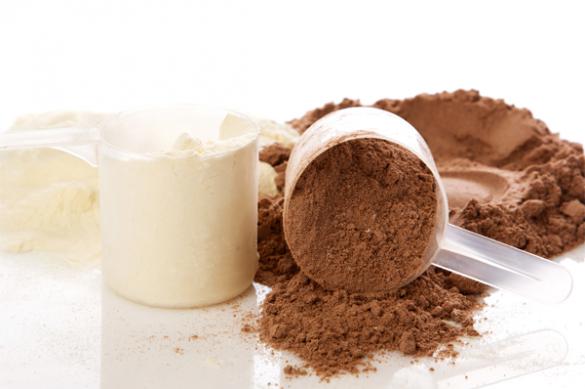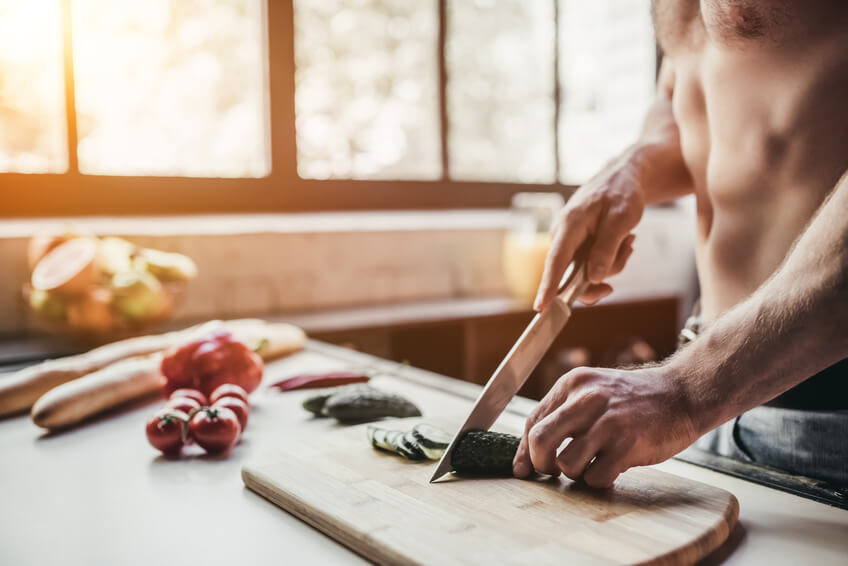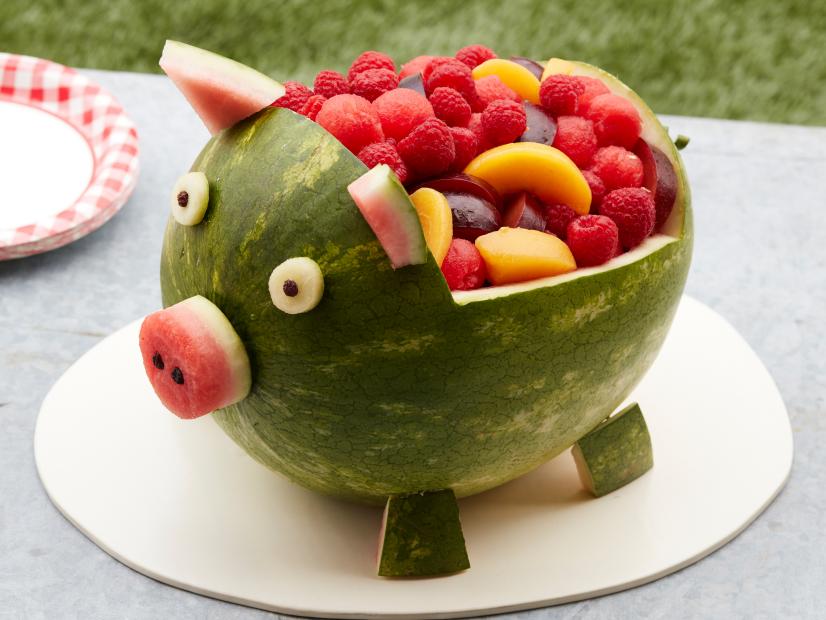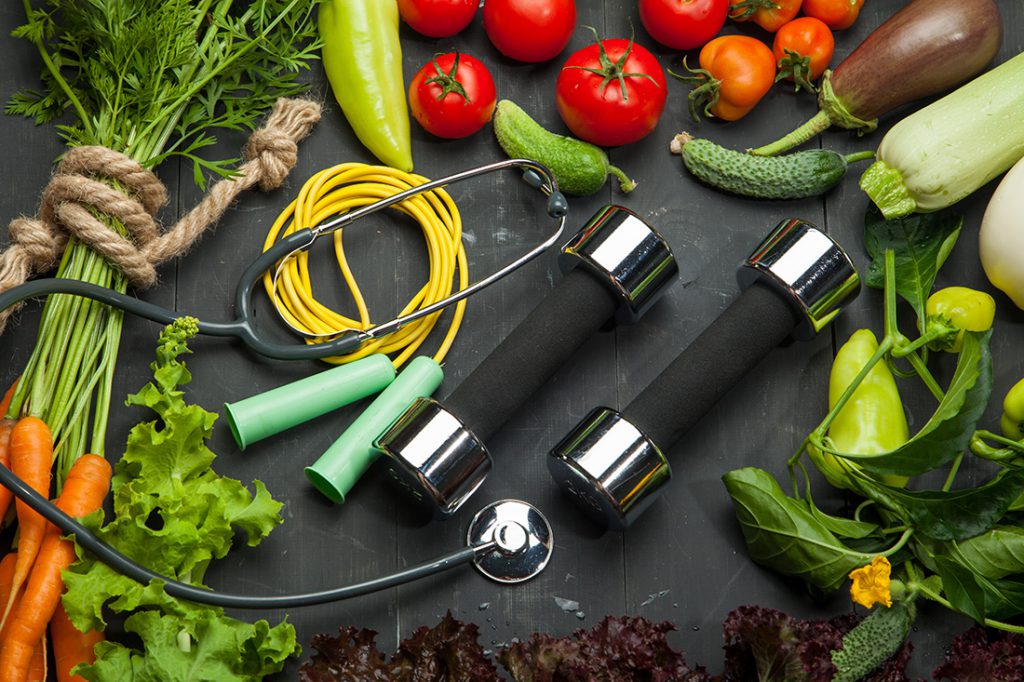
We all know that if you want to be fit and healthy, you also have to take care of your diet. But what does “healthy eating” actually mean and what does it look like? Is it really about proteins, carbohydrates, fats? Or about special foods like wheat, meat or fruit?
At least that seems to be the common way of defining a healthy diet – just think of the various nutritional pyramids and diets that try to explain why certain foods are harmful and others so healthy.
But in my experience theoretical knowledge is not really effective. Because I quickly realized that nutrition is hardly a question of knowledge and instead almost exclusively a question of behavior.

In other words, many people don’t eat what they think they should. So what use is “more knowledge” if what is already there is not used? It’s no use.
There’s no point in talking about nutrients and timing and studies if it’s simply the basic attitude towards nutrition that actually stands in your way – and that is the case with almost everyone!
So you will now get a very unusual display of healthy eating. Unusual, but productive, if you don’t just want to be a walking encyclopedia, but really act and actually want to eat healthier .
It is the forgotten piece of the puzzle for all those who have not yet been able to really control their diet.
I only need five criteria to open your eyes to what really makes a healthy fitness diet and what you have been missing so far.
Nice side effect: If you stick to these five criteria and fix what has gone wrong with one or more of them so far, then you will inevitably and automatically excess body fat burn – without counting calories!
So there’s a lot going on, so let’s get started right away.
… a question of quality
The quality of food is critical to what it does in your body. The closer you are to natural foods that our bodies are designed to use, the better!
You have to look at this from a very realistic point of view:
Those foods that you can also find in the wild are exactly those foods that our bodies have been able to adapt to over many, many thousands of years!
The latest development from Nestle on the other hand …
Evolution is slower than culture. Our culture has evolved much faster than our genes ever could!
That is why it is a simple truth that everyone understands intuitively:
The more natural the food, the better.
Of course you can treat yourself to ice cream or pizza – who doesn’t? Food as a stimulant becomes a problem only in excess.
So the next time you reach for M & Ms or the like, think twice about whether such products are in the foundation of your diet or really just the tip of the iceberg.
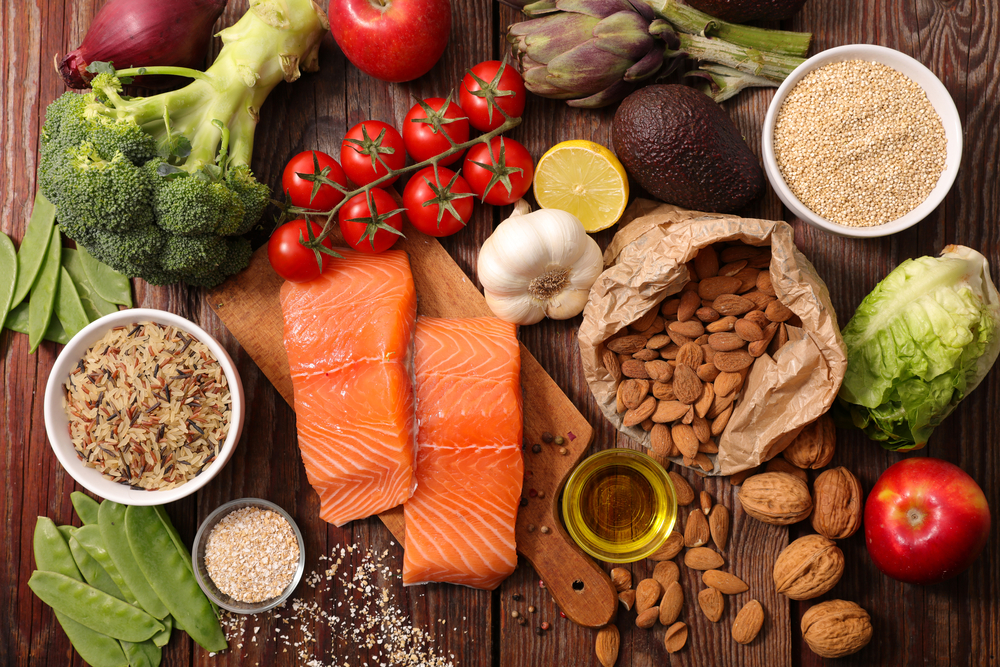
To demonstrate the point of quality, a simple comparison is enough:
50 g gummy bears contain around 40 g sugar. A self-mixed smoothie made from fresh fruit (300 ml) can easily contain a comparably large amount of sugar. Both contain negligible amounts of protein and fat.
As far as the macronutrients are concerned, they are almost identical. The effects on the body are not, however!
Because while the gummy bears deprive you of nutrients and confront your body with a vast amount of chemistry, the smoothie provides a whole range of micronutrients in natural compositions – your body can handle them better. As a result, you will feel more energy, be happier and healthier.
That is quite logical if you consider that the point of nutrition is actually only to give the body what it needs. He doesn’t need anything from the test tube, but what is out there anyway.
Quality is therefore a fundamental criterion!
… a question of self-respect
You ARE your body. Food is fuel and building material. What you eat is converted, used and stored in your body.
“ You are what you eat “, they say. And there is a lot to it. Fill yourself up with chemicals, sugar, low-quality fats and industrial junk and you will feel accordingly, you will look accordingly, you will live accordingly!
So the question is very simple:
Do you have enough respect and esteem for yourself to eat properly?
Because that’s what this is all about! A lack of self-respect simply leads to “letting go”.
That means: no longer taking care of yourself, no longer caring for your body and losing sight of its needs. Bad clothing, bad hygiene, bad diet – these are all symptoms of a lack of self-esteem!
This is not about tormenting yourself through any diet.
This is all about getting yourself the fuel you deserve!
That is the high and mostly misunderstood art of indulgence!
It is a paradox that many a man only lets the best fuel in his car and gives it the best possible care, while he himself increasingly has to move his seat backwards in order not to block the steering wheel with his belly.
What fuel do you deserve? The best or what’s in the Kellog’s pack ?!
Remember next time the cravings strikes.
… a question of appreciation
Many of us are young enough to know nothing but abundance. Food is taken for granted somewhere, right? It is always available. The supermarkets are overcrowded. There are snacks on every corner.
Of course, it quickly happens to take all of this for granted and no longer really appreciate the value of food.
What does this have to do with healthy eating? Well, a lack of appreciation is reflected in the way how we eat.
I mean, how many people eat in front of the television or computer? The food becomes secondary, the thoughts are completely elsewhere. This in turn leads to three problems:
- You don’t taste right, if your thoughts are elsewhere – and therefore you need flavor enhancers and tempting creations instead of natural foods to get your money’s worth.
- You automatically eat faster, chew less thoroughly and put a strain on your digestive system. “Diverticulitis” and other intestinal diseases are already routine for doctors today …
- You no longer really feel that you are full and you eat more than you really should.
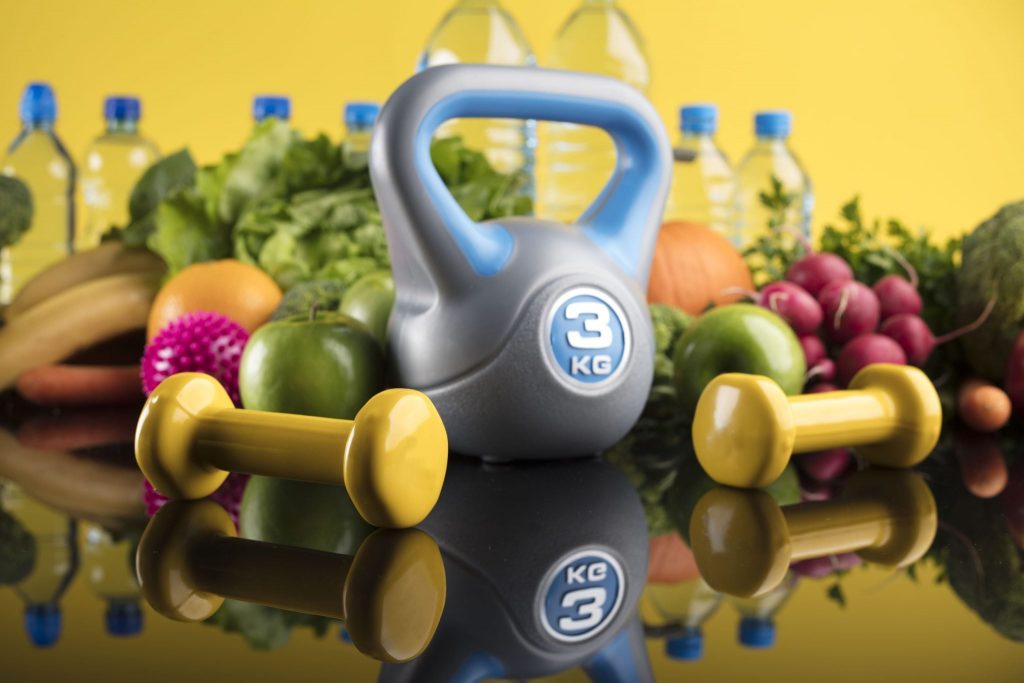
It is also common to eat while walking. Well, the body actually doesn’t really care whether you eat while walking or sitting. But it has the same negative side effects as eating in front of the TV!
So when it comes to food, many people lack appreciation and this leads to both unhealthy and fat eating habits that are based on .
Food intake must become a ritual again, must be consciously experienced and appreciated.
This is really difficult in our fast moving times. But goddamn it, it’s long overdue!
Save yourself the diets and instead think about how much you value good, natural food.
… a question of flexibility
In terms of nutrition, many are extremely retracted. That is why it is so difficult for many to change their diet. They are too used to their daily feeding rituals to break easily – even if some of them are harmful!
Examples of this are some of the obligatory desserts after dinner or even breakfast, where you can supposedly get nothing but bread / rolls.
But meat is also an issue. A meal without meat – what’s the point? “I’m not a rabbit.”
Okay, let me make it clear that I definitely don’t live vegan or vegetarian myself. I eat meat, fish and eggs – often. But not always. For some time now, I have even thought that I avoid animal products (maybe with the exception of some cheese) for one main meal of the day. Why?
Because EVERY food out there has advantages and disadvantages and only the dose makes the poison.
Therefore, after many years of experimentation and research, it turned out to be a fundamental principle that a healthy diet should be varied and flexible.
You don’t need meat or fish at every meal to be full and to eat properly. Neither do you need 8 servings of fruit and vegetables a day.
All of this is actually just a question of perspective, we just talk a lot of things into ourselves!
Some people tell themselves not to be full without meat. Others tell themselves that you have to eat vegetables all the time. It is also a classic to believe that you have no energy in your stomach without a meal.
Yes, if you tell yourself something like that, you will actually feel tired on an empty stomach! But if someone lets go of their dog on you, you might be surprised how fast you can do without a perfect one Breakfast can run;)
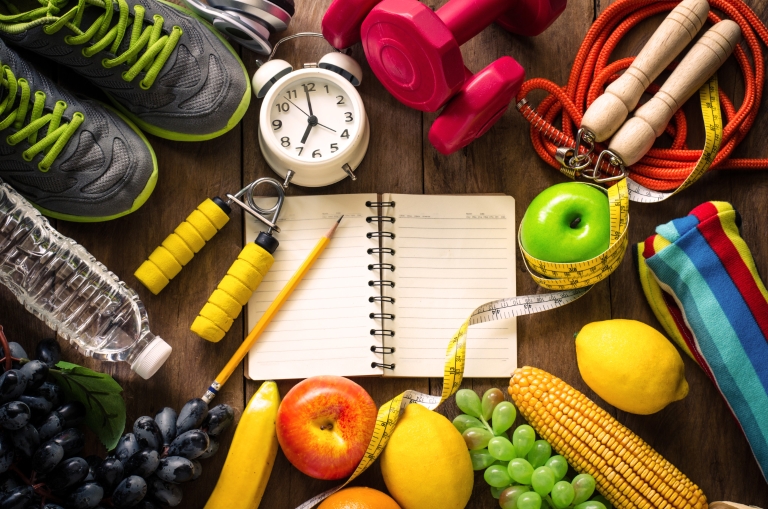
So the whole point here is:
Our bodies are naturally incredibly flexible – and that’s how you should eat. Occasionally leave out the meat or the fiber. You can also skip a meal every now and then.
In this way you learn to deal with feelings of hunger, to control them and to act flexibly. You won’t panic right away if something doesn’t go according to plan! If you haven’t consumed the “ideal combination of nutrients” before training, you will simply go training anyway and not get away with it get confused.
And what happens then is really magical:
You will look at the subject of ‘nutrition’ in general much more relaxed! Seriously, many people drive themselves crazy because of it and cause a lot of unnecessary stress that turns out to be ” emotional eating ”leads – breeding ground for hip gold!
So it’s very simple:
Eat a flexible and relaxed diet and you will become healthier and leaner.
… a matter of instinct
“Humans are creatures of habit”, say many. That’s right: Most people’s everyday life is largely “routine”. Due to fixed working hours, there is also a certain compulsion here.
What many do not realize, however, is that this also has a direct effect on your eating habits!
In plain language:
Most people eat according to the time and as a result have forgotten to listen to their instincts!
But nutrition is actually a matter of instinct. I mean, it’s the most natural thing in the world and nature has already set it up so that you actually instinctively know when and how much food you need.
This is also called simply ‘Hunger’ and ‘Saturation’. Your body communicates with you using these two signals.
But the many years in a tight corset, first from school and then from work, have made most of us deaf to those signals! We no longer perceive it correctly .
This leads to a huge problem, which many people do not have on the slip:
Those who do not eat by feeling and instead eat more according to the clock simply run the risk of eating more than is actually necessary – especially if many of the foods consumed also have a high energy density and still hardly ensure saturation.
Be completely honest with yourself: how often do you have lunch just because it is “the right time” and not because you are really hungry?
The main thing is to eat for the future: You could still use the energy later.
Sure, this is the only way to quickly accumulate excess calories without being noticed!
That is why it is important to go back Gaining a feeling for the natural nutritional instincts and better perceiving the signals of the body.
Of course, it is also clear that we are limited by fixed working hours – you can’t eat as you like during working hours.
But that doesn’t change the fact that a healthy diet is ultimately in our blood and is controlled by our instincts.
The further we move away from these instincts, the greater the risk of obesity and malnutrition.
Because in principle we are bridging the control and feedback systems of the body and are consequently flying blind.
Hunger is perceived in a distorted way (too strong or not at all), feelings of satiety are not correctly interpreted and the feeling for the needs of our body (it not only needs energy, but also an abundance of nutrients) is lost!
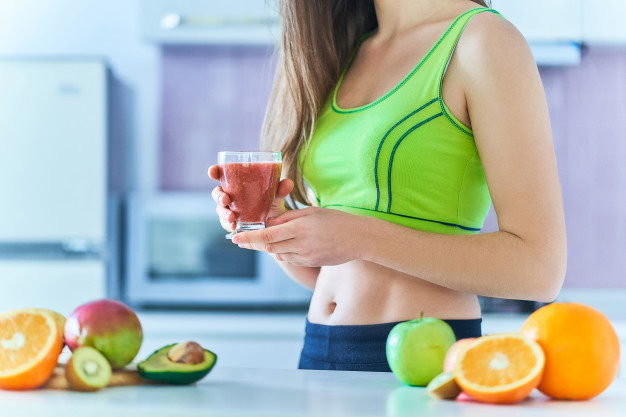
But what can you do about it? Well, what I’m suggesting is a kind of instinct day:
Get rid of the clock one day a week.
Organizationally, it’s not that difficult, because everyone has two days off a week. But of course it is mentally a major change and a huge step out of your own comfort zone, because the watch has always been our constant companion. We grow up following it.
But if you completely detach yourself from it on a single day a week and switch off, cover up or put away every clock, then not only your instincts benefit, which are sharpened anew. You will feel much more free and experience real, profound relaxation at the same time!
This has an enormously positive effect on your regeneration, your well-being and your energy on the remaining days of the week.

 Muscle Gain Or Fat Loss – Which Comes First?
Muscle Gain Or Fat Loss – Which Comes First?  Phenomenon ‘Mental Codes’ – You have to know this secret fitness mechanism
Phenomenon ‘Mental Codes’ – You have to know this secret fitness mechanism  Training with your own body weight: How to get in top form without a gym
Training with your own body weight: How to get in top form without a gym  Daily Discipline – Stop Chasing After And Do What Needs To Be Done!
Daily Discipline – Stop Chasing After And Do What Needs To Be Done! 